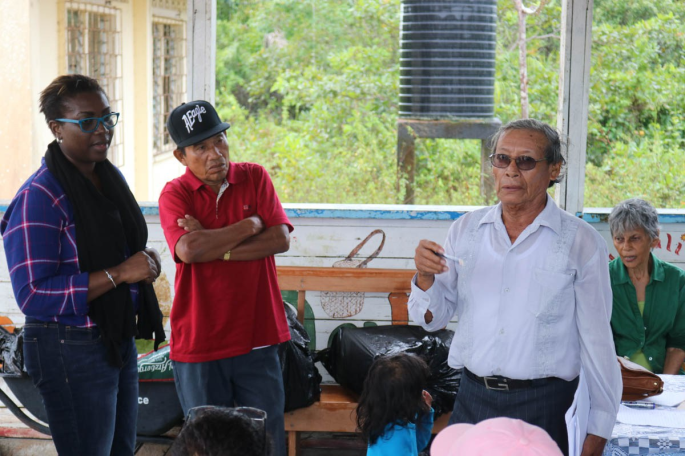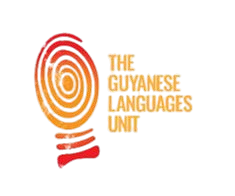
What are language rights?
Thursday, February 6, 2025 - 10:21Language Rights are part of human rights
In its declaration of human rights, the United Nations notes that everyone should have equal rights. No one should be discriminated against on the basis of their language (or religion, race, gender, etc). Language rights are part of human rights.
Unfortunately, the realisation that language plays a crucial role in the life of all human beings came too late for some languages. Many languages have died in recent years. Their speakers stopped using them and switched to using someone else’s language. Why? Because their nation discriminated against them because of the language they spoke.
Discrimination takes many forms. Countries often create policies and practices that reserve the better paying jobs for those who speak the language of those in power. If you do not speak that language, you are shut out from economic advancement. In some cases, you might face penalties for using your own language in public, or even in private. You might be taken to court and be sentenced without understanding what took place because they tried your case in a language that you do not understand.
When a language dies, a culture dies with it and the nation (and the world) loses the knowledge and wisdom of that culture. Before a language dies, however, its speakers would have learnt a new language. When we learn a new language, we also learn a new culture. And if we are insecure about the value of our own culture, we may strive to become part of the new culture and in the process, give up our own. When the young are seduced by the culture of their new language, they lose respect for the ways of their people. And so the elders carry their knowledge to the grave without passing it on.
The foundation for language death often starts with the language policies and practices in the education system. These policies and practices are often designed to promote the language of the elite and erase all other languages. In the past, this was a deliberate goal. In recent times, the rhetoric suggests more tolerance of other languages; but in practice, the system remains fundamentally the same.
The idea that a nation should have just one language, or one official language, is a relatively new one. One writer pinpoints the end of the French Revolution as the start of this policy. Other countries soon followed the French.
Not all countries went for this policy, however. Switzerland and India are among those with more than one official language. India is reported to have 18 official languages. Hindi and English are the official languages for the entire Indian nation. But each state is allowed to choose its own official language from the ethnic languages spoken within its territory. So children are educated (learn their math, social studies, and other subjects) in the official language of their state and, in addition, they must learn the official languages of the country as well.
With the increase in the rate with which languages have been disappearing, some countries have started to heed the call of language activists everywhere that something needs to be done. More and more countries have been giving official recognition to previously neglected languages within their borders.
The European Union, recognising the endangered status of many minority languages in their member countries, drew up its own European charter for regional and minority languages. Member countries are not bound to adopt this charter but some have done so. In Britain, Welsh is now an official language in Wales and some of the other indigenous languages have been granted “officially recognised” status. Switzerland has added to its list of official languages and plans to add a few more.
Council of Europe: European charter for regional & minority languages
What are Language rights?
There is a good deal more to language rights than just preventing languages from dying. When we deny people the right to use their language in all areas of their daily lives, we are robbing them of the ability to enjoy all the benefits of being a citizen in their country. How will they get information relevant to their safety, health, and the law, for example? How will they participate in the decision making processes affecting their lives? How will they maintain their culture?
The European Charter for regional and minority languages lists steps necessary for guaranteeing these and other rights. See also, the Charter on Language Policy and language Rights for the Creole-speaking Caribbean.
What is Mother-tongue-based education?
In many parts of the world, especially in the countries which were once colonised, children cannot get an education in their own language. Teachers have to explain the concepts of math, health studies, social studies, science, and all other subjects in a language the children do not speak. Education in our home language is one part of satisfying our language rights.
Why & how Africa should invest in multilingual education
Unesco: Home language and education in the developing world
=====000=====
LINGUISTIC PROVISIONS IN THE CONSTITUTIONS OF VARIOUS NATIONS
